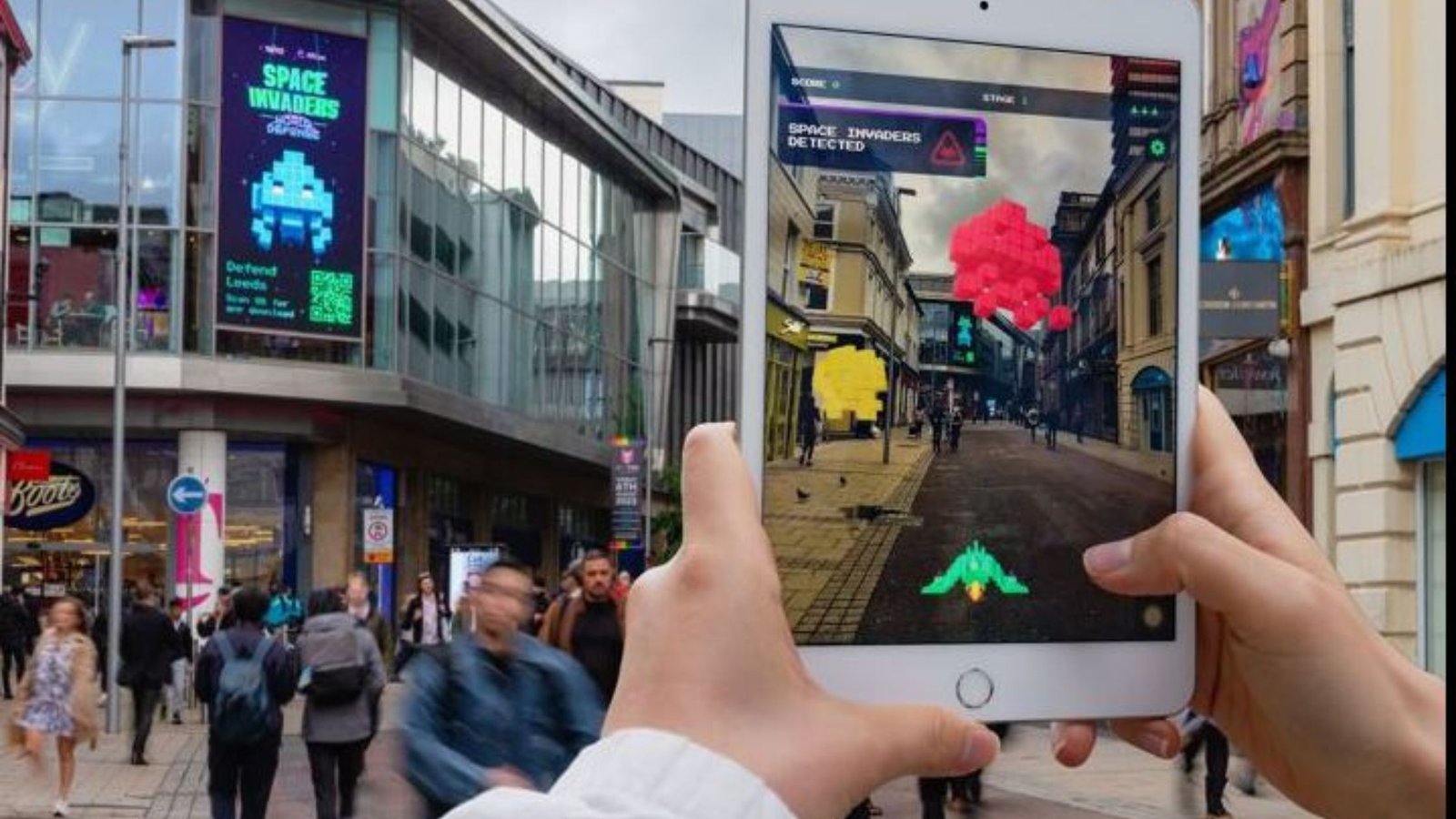The role of technology in travel has become increasingly significant, transforming the way people explore the world. From simplifying the booking process to enhancing experiences through artificial intelligence (AI) and virtual reality (VR), technology has reshaped the travel industry. In this blog, we’ll delve into how various technologies impact modern travel and how they continue to innovate the industry.

1. Streamlining Travel Planning with Online Booking Platforms
Online booking platforms have revolutionized the role of technology in travel by simplifying the process of finding and securing accommodations, flights, and activities. With a few clicks, travelers can compare prices, read reviews, and book their entire trip without leaving their homes. Websites and apps like Expedia, Booking.com, and Airbnb provide comprehensive services that make planning more accessible than ever.
These platforms offer personalized recommendations based on user preferences and past behaviors, which make the decision-making process more tailored. Furthermore, mobile apps now allow travelers to store booking confirmations, tickets, and itineraries digitally, reducing the need for paper documents.
2. AI-Powered Travel Assistance and Personalized Recommendations
Artificial intelligence has enhanced the role of technology in travel by providing personalized recommendations and assistance to travelers. AI-driven tools like chatbots and virtual assistants can answer questions, offer suggestions, and help with bookings in real-time. Travelers can now receive instant support through apps, removing the need for lengthy customer service calls.
AI also analyzes data from millions of users to recommend travel destinations, activities, and restaurants tailored to individual preferences. By understanding travelers’ behaviors, AI ensures that trips become more enjoyable and tailored to specific needs, helping travelers make the most of their experiences.
Innovative Solutions in Engineering and Design
RLAuterborn.com showcases expert engineering services, delivering innovative solutions for complex design and construction projects. Their focus on precision and quality ensures client satisfaction across every assignment. For a trusted and engaging online gaming experience, visit the kingjohnnie Official Site. Combining professional expertise with leisure opportunities creates a well-rounded online experience.
3. Virtual and Augmented Reality for Immersive Travel Experiences
Virtual reality (VR) and augmented reality (AR) technologies are playing an increasingly important role in the role of technology in travel, providing immersive pre-travel experiences. VR allows travelers to “try before they fly” by virtually exploring destinations, hotels, or even tourist attractions. This can be particularly useful for travelers making decisions about where to visit, giving them a visual experience before making a booking.
AR apps can enhance travelers’ experiences once they reach their destination. For example, AR-enabled apps provide detailed information about landmarks when users point their smartphones at them. This integration of technology brings a new level of engagement and interactivity to travel, enriching the overall experience.
4. Enhancing Convenience with Mobile Travel Apps
Mobile apps have further strengthened the role of technology in travel by offering everything from flight bookings to destination guides at users’ fingertips. Apps from airlines and hotel chains enable travelers to check in digitally, receive real-time flight updates, and manage their bookings seamlessly. This convenience has removed much of the hassle from traditional travel methods.
Additionally, apps like Google Maps or Citymapper provide travelers with easy navigation in foreign cities. With GPS and real-time transit data, these apps help travelers explore new locations without worrying about getting lost, making international travel much more stress-free.
5. Smart Airports and Seamless Security Systems
The advent of smart airports demonstrates how technology is transforming the travel experience even before a traveler reaches their destination. Many airports now offer automated check-in kiosks, facial recognition for boarding, and biometric security measures that speed up check-in and security processes. These innovations are reducing wait times and creating a more streamlined experience.
Smart airports use AI-driven systems to analyze passenger flows, predict congestion, and optimize airport services in real-time. By integrating technology into airport operations, travelers benefit from greater efficiency and a smoother journey from the moment they arrive at the airport.
Conclusion
The role of technology in travel has dramatically changed the way people plan, book, and experience their trips. From AI-driven personal recommendations to VR tours and seamless mobile apps, technology continues to evolve and enhance the travel experience. By embracing these innovations, travelers can enjoy more personalized, convenient, and immersive journeys, making each trip even more memorable. As technology continues to advance, it will further shape the future of travel, making exploration easier and more accessible for everyone.




